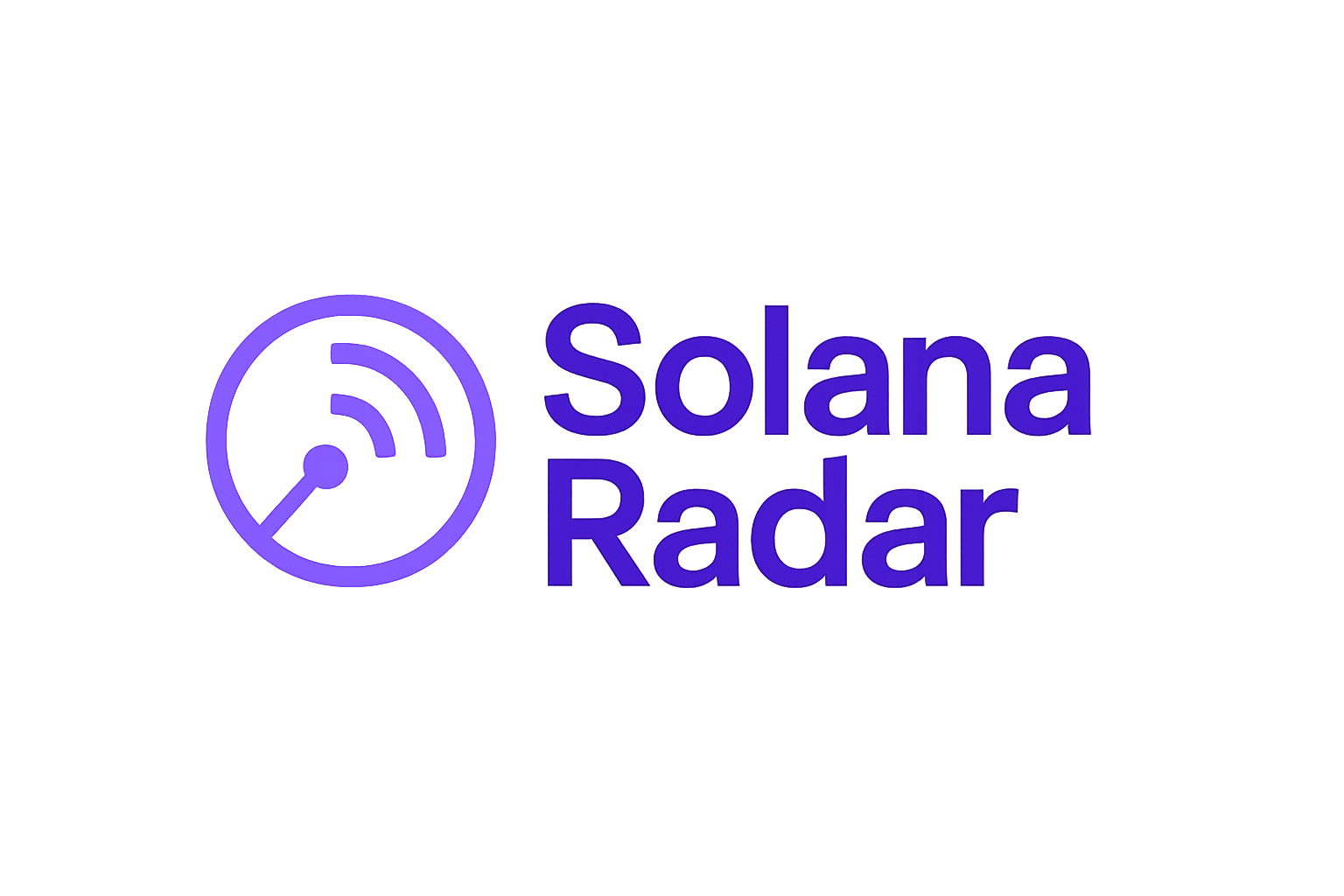How $PLAY Sold Out in Minutes: Inside Solana’s Hottest Onchain Token Launches

In October 2025, the Solana ecosystem witnessed a landmark event: the rapid sell-out of the $PLAY token, which became a case study in modern onchain token launches. At the heart of this success was a blend of technical innovation, community-first allocation, and strategic timing with the debut of Play Solana’s PSG1 gaming console. As Solana continues to set new standards for decentralized finance and digital experiences, understanding why $PLAY sold out in minutes provides valuable insight for both investors and builders navigating current and future token offerings.
Genesis Protocol: The Engine Behind $PLAY’s Presale Frenzy
The $PLAY presale was powered by Metaplex’s Genesis protocol, now widely regarded as one of the most trusted frameworks for high-demand Solana token launches. Genesis has built its reputation on transparency, security, and scalability – three pillars essential for handling surges in transaction volume during hyped presales. By leveraging this protocol, Play Solana ensured that both institutional and retail participants had a fair shot at acquiring tokens without the typical chaos or gas wars seen on other chains.
According to KuCoin, 56% of the total $PLAY supply was reserved for community members – an unusually high proportion that signaled a genuine commitment to decentralization and user empowerment. This approach not only fostered trust but also drove unprecedented demand from engaged gamers and DeFi enthusiasts alike.
XP-Based Airdrop: Gamifying Community Participation
Play Solana took community engagement a step further by introducing an XP-based airdrop system ahead of launch. Rather than relying solely on wallet snapshots or random distribution, users could earn experience points (XP) through specific actions such as staking SOL tokens, interacting with Play Solana’s social channels, pre-ordering the PSG1 console, or holding ecosystem NFTs. The more XP accumulated, the greater the user’s allocation during the highly anticipated airdrop event.
This gamified approach rewarded active participation while filtering out passive speculators – a move that strengthened long-term alignment between token holders and project growth. The result? A groundswell of organic interest that saw tens of thousands vying for XP rewards leading up to launch day.
$PLAY Price Action: Maintaining Momentum After Sell-Out
As of October 13,2025, PlaysOut ($PLAY) is trading at $0.0332, reflecting intense trading activity immediately after its sell-out presale window. The price has ranged between $0.0328 (24h low) and $0.0350 (24h high), demonstrating both liquidity and sustained interest from early buyers as well as secondary market speculators.
The swift sell-out can be attributed not only to scarcity but also to how seamlessly $PLAY integrates into Play Solana’s SuperHUB ecosystem – an all-in-one platform combining wallets, gaming identities, DeFi tools, and seamless connection with the new PSG1 handheld device (source). This holistic vision is what distinguishes $PLAY from typical meme coins or isolated game tokens; here, utility is immediate and tangible.
PlaysOut ($PLAY) Price Prediction 2026–2031
Projected Price Ranges for $PLAY Based on Adoption, Ecosystem Growth, and Market Trends
| Year | Minimum Price | Average Price | Maximum Price | % Change (Avg, YoY) | Market Scenario Insights |
|---|---|---|---|---|---|
| 2026 | $0.025 | $0.038 | $0.060 | +14.5% | Initial post-launch volatility; ecosystem adoption grows with PSG1 and SuperHUB integration |
| 2027 | $0.030 | $0.055 | $0.090 | +44.7% | Potential bullish trend as Web3 gaming adoption increases; new partnerships drive demand |
| 2028 | $0.040 | $0.070 | $0.120 | +27.3% | Broader gaming ecosystem expansion; increased DeFi utility; potential regulatory headwinds |
| 2029 | $0.050 | $0.090 | $0.150 | +28.6% | Mainstream recognition of Play Solana; possible new hardware launches; more utility for $PLAY |
| 2030 | $0.060 | $0.110 | $0.190 | +22.2% | Web3 gaming matures; increased competition but PLAY benefits from early adoption and ecosystem depth |
| 2031 | $0.070 | $0.135 | $0.250 | +22.7% | PLAY solidifies position as a leading Web3 gaming token; new use cases and global expansion |
Price Prediction Summary
PlaysOut ($PLAY) is positioned for significant growth, leveraging the momentum of Solana’s ecosystem, the SuperHUB platform, and the PSG1 console. While 2026 may see moderate price action as the market digests the launch, subsequent years could bring strong appreciation if adoption trends continue and the ecosystem expands. The forecast reflects both bullish and bearish scenarios, with the average price potentially rising from $0.038 in 2026 to $0.135 by 2031—a cumulative gain of over 300% from current levels. However, volatility and market risks remain, and investors should monitor ecosystem development and regulatory changes.
Key Factors Affecting PlaysOut Price
- Adoption and engagement within the Play Solana SuperHUB ecosystem
- Success and uptake of the PSG1 gaming console and related hardware
- Broader trends in Web3 gaming and user growth
- Regulatory clarity for gaming and DeFi tokens
- Competition from other Solana-based and cross-chain gaming projects
- Community-driven initiatives and continued reward/airdrop programs
- Overall health and performance of the Solana network
Disclaimer: Cryptocurrency price predictions are speculative and based on current market analysis.
Actual prices may vary significantly due to market volatility, regulatory changes, and other factors.
Always do your own research before making investment decisions.
Tokenomics Designed For Long-Term Community Value
A critical factor in $PLAY’s success story is its transparent allocation model:
- 56% Community Allocation: Reserved for airdrops, staking rewards, play-to-earn incentives
- 44% Ecosystem and Team: Gradually distributed across development funds, partnerships, liquidity pools
This structure aligns incentives across all stakeholders while minimizing risks associated with centralized ownership or abrupt unlocks that can undermine price stability post-launch.
The careful balance of token distribution, combined with the XP-based airdrop, has set a new standard for onchain token launches in the Solana ecosystem. By prioritizing active contributors and fostering a transparent allocation, Play Solana avoided many pitfalls seen in earlier presales, such as bot manipulation or rapid post-launch sell-offs. The initial volatility in the $PLAY price, ranging from $0.0328 to $0.0350, is typical for new tokens but underpinned by genuine demand and utility rather than pure speculative hype.

What Sets $PLAY Apart: Integrated Web3 Gaming Experience
Unlike traditional crypto launches that often hinge on vaporware promises, $PLAY’s debut coincided with tangible product delivery, the PSG1 console began shipping just days before the token sale. This hardware-software synergy means users can immediately leverage their tokens within SuperHUB to access games, manage digital assets, and participate in DeFi activities. The frictionless bridge between physical gaming and onchain finance is a key differentiator for Play Solana.
5 Reasons $PLAY’s Launch Stood Out on Solana
-
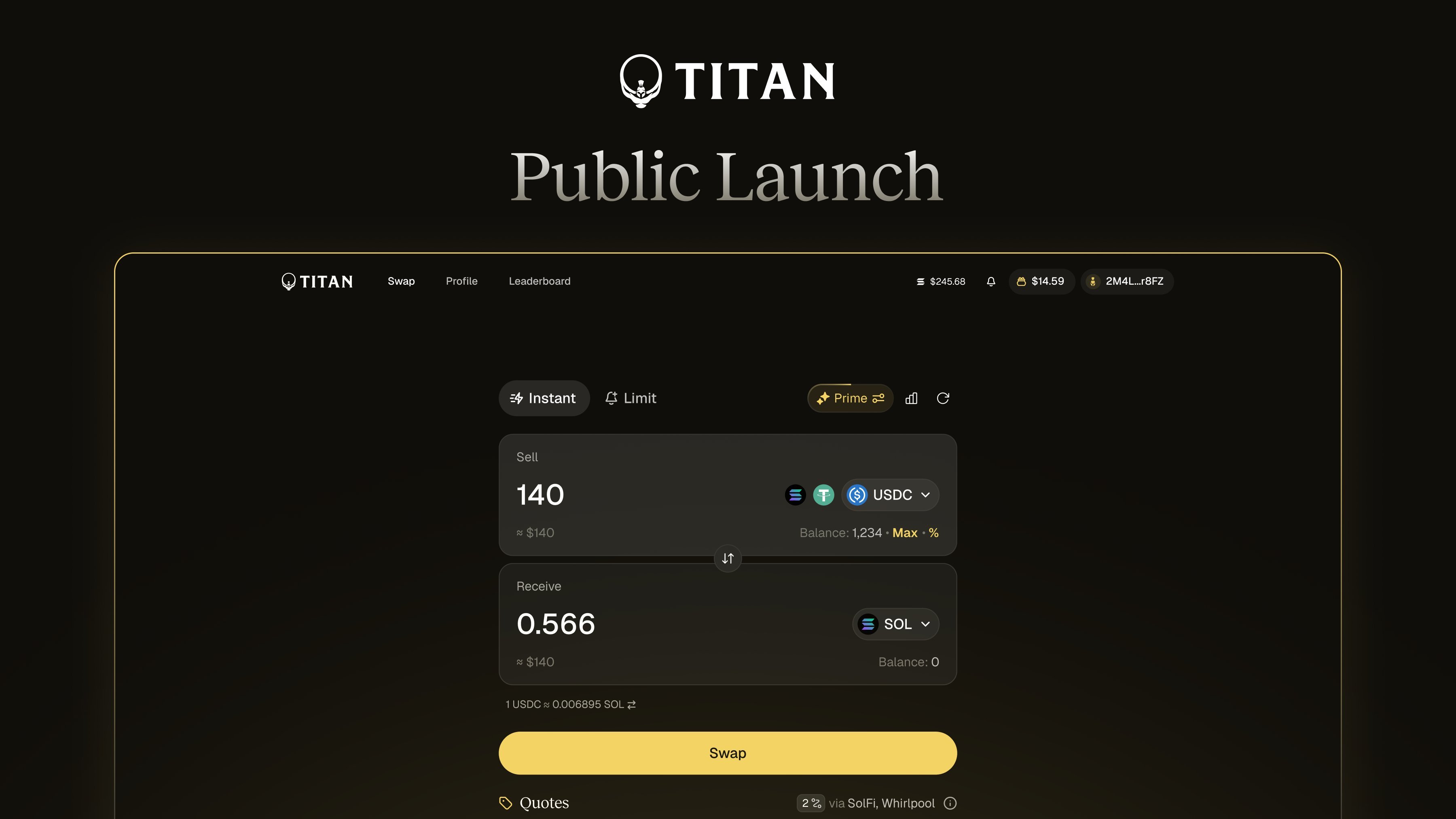
Genesis Protocol by Metaplex: $PLAY was launched using Metaplex’s Genesis protocol, a proven and trusted platform for onchain token launches on Solana. This provided transparency, security, and credibility unmatched by many other launches.
-
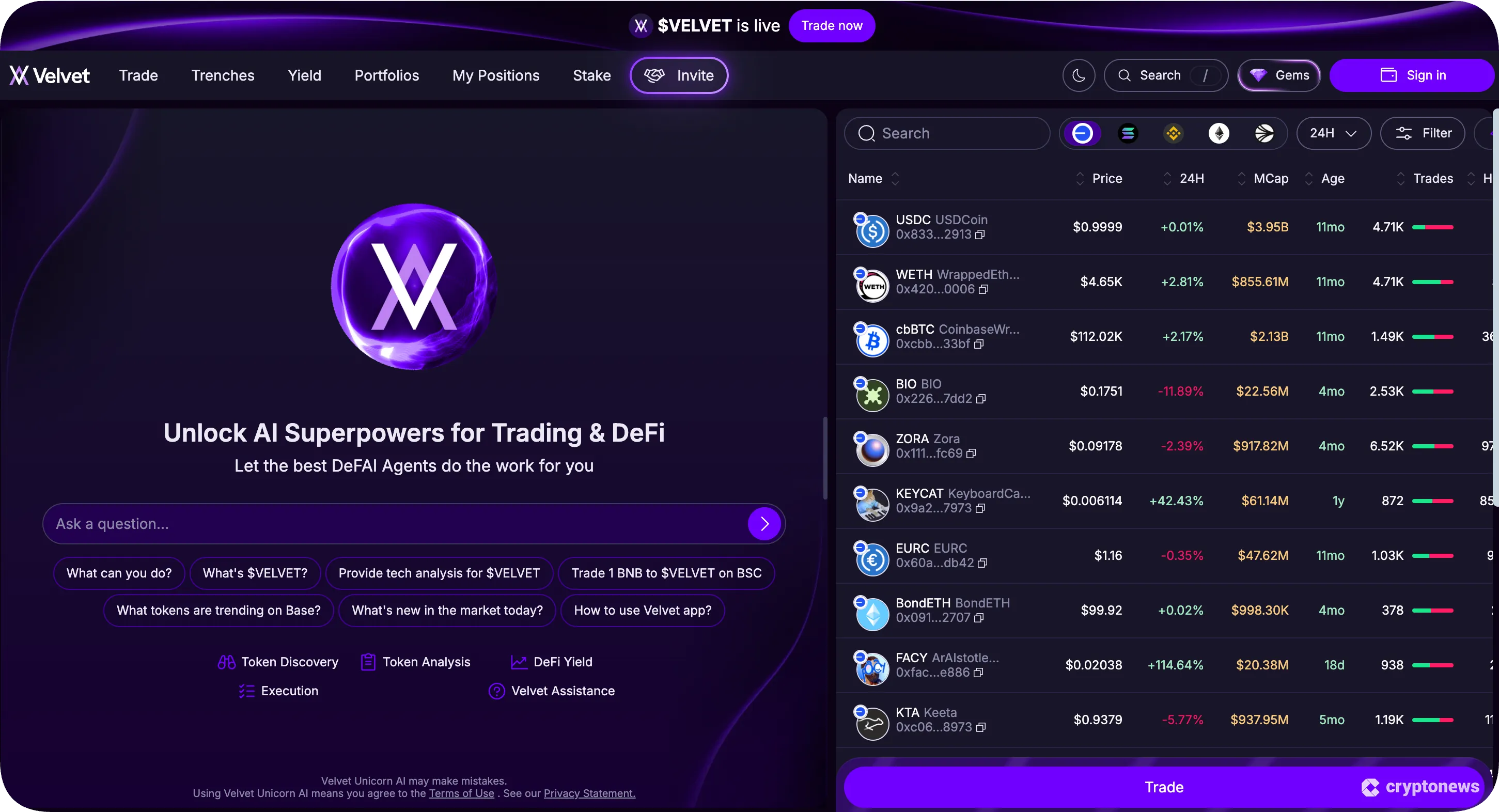
XP-Based Airdrop System: Play Solana introduced an XP-based airdrop, rewarding active community members with $PLAY tokens based on their engagement and completed tasks—an innovative approach compared to typical first-come, first-served airdrops.
-
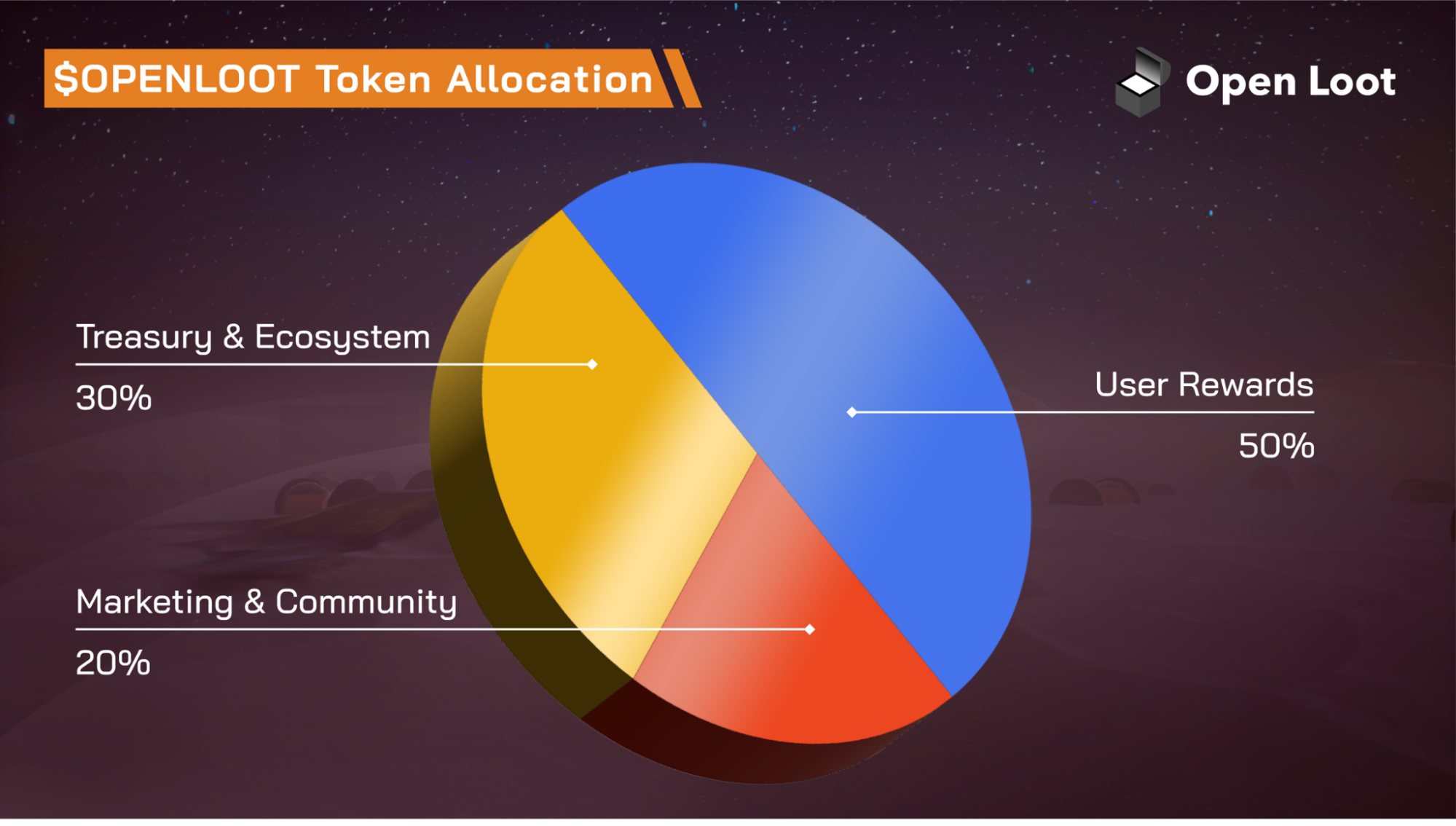
Major Community Allocation: A substantial 56% of the $PLAY token supply was allocated directly to the community, prioritizing decentralization and inclusivity over private or institutional allocations seen in many other launches.
-
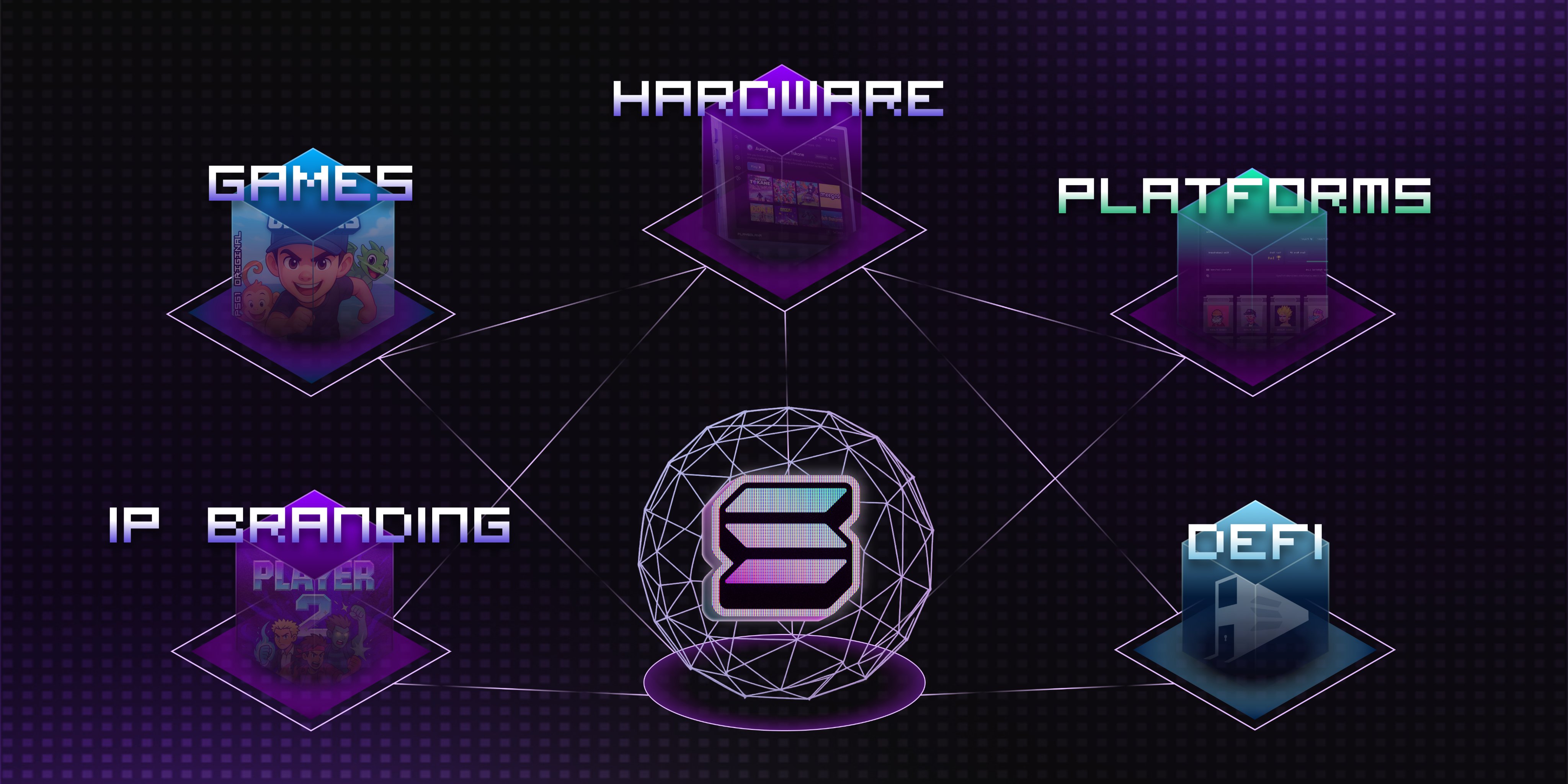
Integrated Hardware & Ecosystem Launch: The $PLAY launch coincided with the release of the PSG1 handheld gaming console and the SuperHUB platform, offering a unified Web3 gaming experience—a rare integration of hardware, software, and DeFi in one event.
-
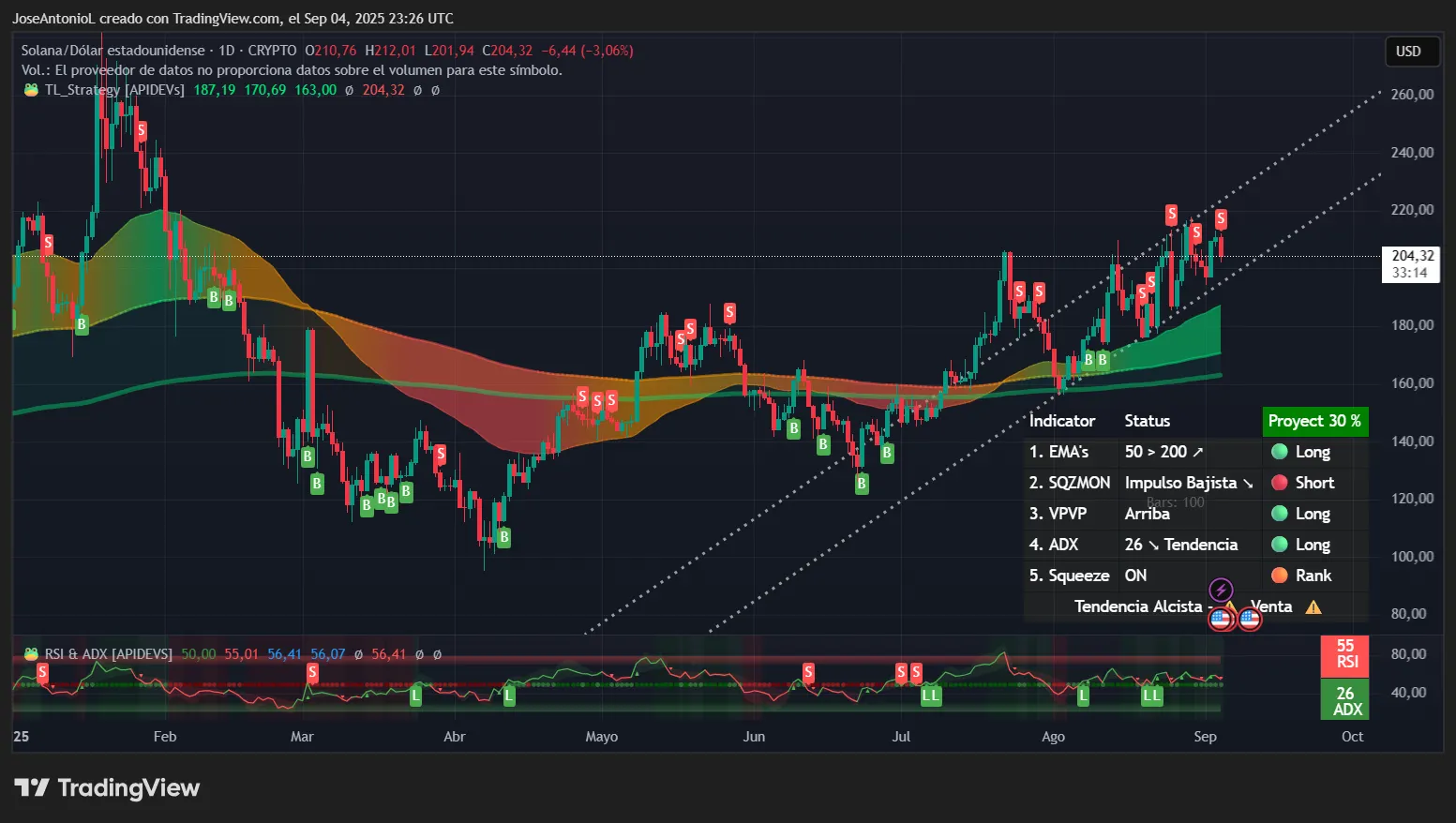
Rapid Sell-Out & Market Demand: The $PLAY token sold out in minutes at a price of $0.0332, reflecting intense demand and effective launch mechanics, unlike many slower or less successful Solana token launches.
Solana’s high throughput and low transaction fees further amplified $PLAY’s appeal. The Genesis protocol’s robust infrastructure prevented network congestion or failed transactions, a common issue plaguing launches on less scalable chains. For investors watching the space, this event demonstrates how technical execution and user-centric design can drive outsized results even in an increasingly crowded market.
Lessons for Future Solana Token Launches
So what can future projects learn from $PLAY’s rapid sell-out? First, community-first distribution is more than just a marketing slogan, it’s now an expectation among savvy crypto users. Second, gamified engagement (like XP-based rewards) creates deeper alignment between users and protocol growth. Finally, launching alongside real products, not just whitepapers, builds trust and accelerates adoption.
The broader implication is clear: as Solana cements its role as a leading platform for decentralized gaming and finance, projects that blend fair tokenomics, genuine utility, and seamless user experience will continue to outperform their peers. For those seeking the next breakout opportunity in 2025’s onchain landscape, studying how Play Solana architected its $PLAY presale is essential homework.
